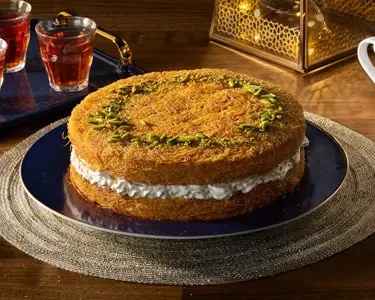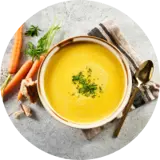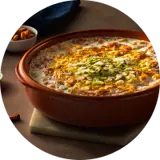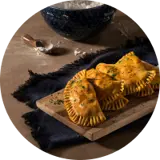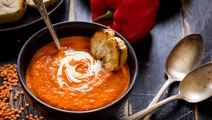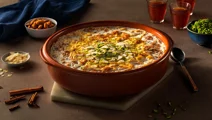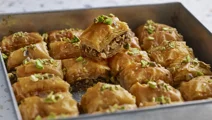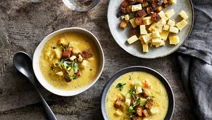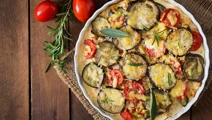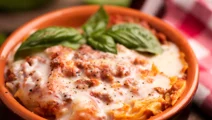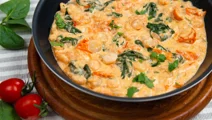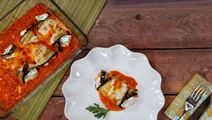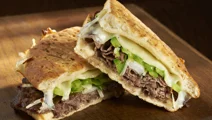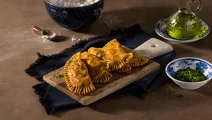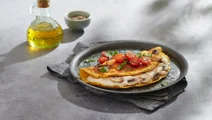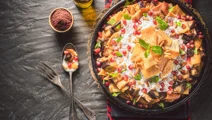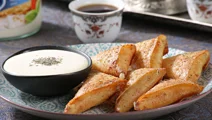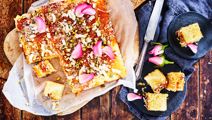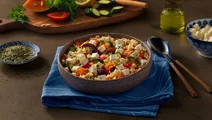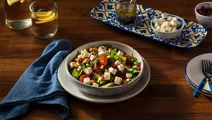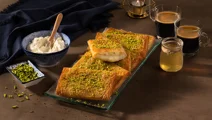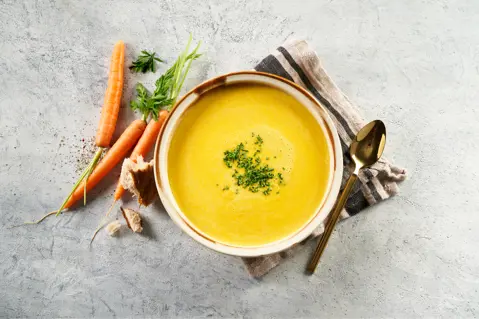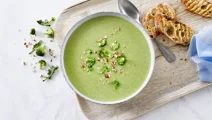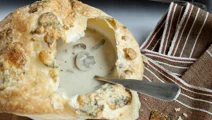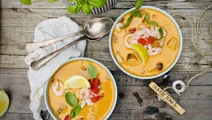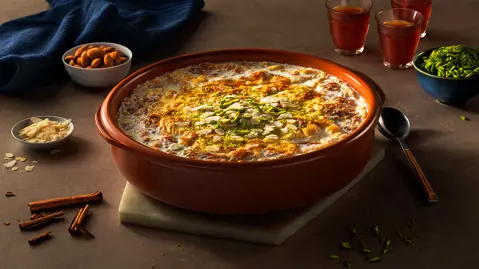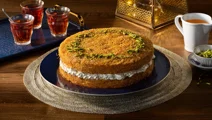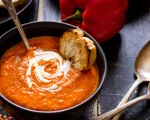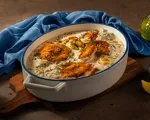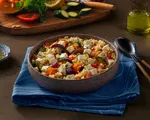A big part of a classic iftar and suhoor is the traditional Ramadan soups. At suhoor, you could start with a light soup, as it is early in the morning. Soup is both comfortable and easily adapted to fit other suhoor dishes like bread and vegetables.
Explore these Ramadan themes
Breaking fast for Ramadan
Ramadan fasting is not all about abstaining from food and drink from sunrise to sunset but also about purifying the body and mind, feeling closer to God, and being able to empathise with the less fortunate. Fasting during the month of Ramadan is one of the five pillars of Islam, and it is celebrated by all Muslims throughout the world. As part of Ramadan fasting, you engage in self-reflection, praying, connecting with the community, empathising with the less fortunate, giving something back, and feeling closer to God.
At sunset, iftar begins; it means breaking fast and enjoying a meal and prayer with family and friends, and just before sunrise and a new day of Ramadan fasting begins, you enjoy suhoor, a breakfast sort of meal before starting the fast. After a month of fasting, the three-day holiday, Eid, is celebrated with prayer, food, gifts, visits to and from family and friends, and fun activities.
Celebrating breaking fast at iftar
Iftar is the meal you enjoy after breaking fast at sunset. It is the main meal and a meal of celebration when you can finally eat and drink after a long day of prayers, fasting, and abstaining from different habits and, of course, food and drinks. It happens immediately after sunset when you break fast with dates or light snacks or starters like soup, then pray, and then continue with iftar with all the meals that have been prepared during the day or evening. The meal can consist of anything from savoury snacks with salads, potato mash, etc. on the side and casseroles, oven-baked dishes, etc.
We have some delicious recipes to give you inspiration for iftar starters and snacks as well as recipes for many delicious easy-to-prepare iftar dishes and tasty iftar salads.
After a day of fasting, iftar is a celebration that you share with family, friends, and guests with plenty of savoury and sweet food and drinks. Most often, iftar is celebrated at home, either your own or as a guest at someone else’s, but it is also sometimes hosted in a mosque with the community.
Iftar recipes
Preparing for a day of fasting at suhoor
Suhoor is the first meal of the day and the last meal before sunrise and a new day of Ramadan fasting begins. Though not celebrated in the same communal way with friends and guests as iftar, it is tradition to wake up for suhoor and get food and drink before the fast.
Sometimes, suhoor looks a lot like breakfast with bagels, toast, pancakes, and scrambled eggs, but other times it is more savoury and dinner-like dishes.
If you need inspiration for some delicious suhoor dishes, have a look at some of our quick and easy suhoor ideas.
Suhoor recipes
Traditional recipes for Ramadan
There is almost no limit to what you can cook up and enjoy after breaking fast at iftar and before fasting again at suhoor. There are a lot of classic, traditional Middle Eastern recipes that you will almost always see on the menu for iftar or suhoor, including snacks, starters, main meals, breakfast treats, and sweet desserts.
You will often see ingredients like pistachios, walnuts, flaky pastry used for, for example, knafeh, borek, baklava, sambousek, and kullaj, thick cream, spices like cardamom, cumin, coriander, garam masala, and za'atar, labneh, paneer cheese, and pomegranate seeds. All these are full of flavours and different textures that are perfect to break your Ramadan fasting, and most are used interchangeably between savoury and sweet food.
